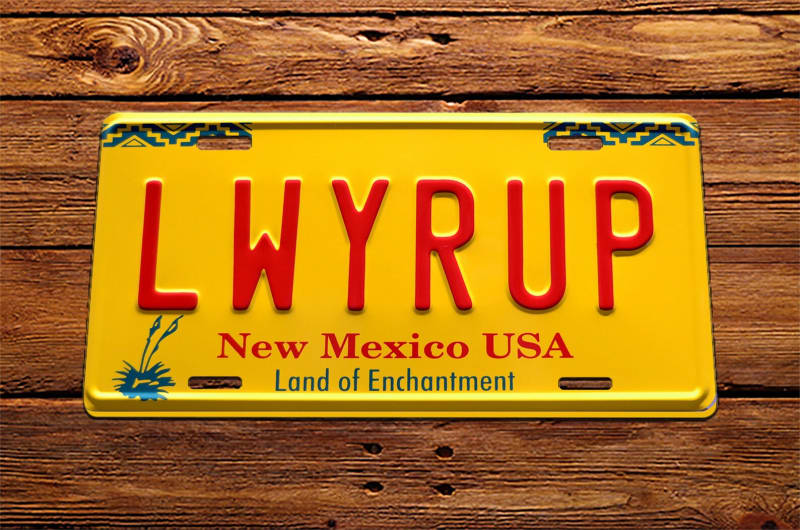IlliniPE
Civil/Environmental
- Jun 19, 2023
- 35
I have a client that does work in multiple states, but I only work from my home office. I have been getting individual licensure, firm licensure, and registering my LLC with every state, but they are wanting to expand into a LOT more. I will still have to get individual and firm licensure, but my question is if I will need to be registered as a business in each state (along with paying for a registered agent in those states). This question initially came while I was researching Florida statutes, and it lists activities that are exempt from requiring registration, one being "Transacting business in interstate commerce." I interpret providing consulting services as interstate commerce. I was wondering if any of you have experience in being a foreign business and if you have gotten registered as a business in all of the states, or just licensure with the board.

